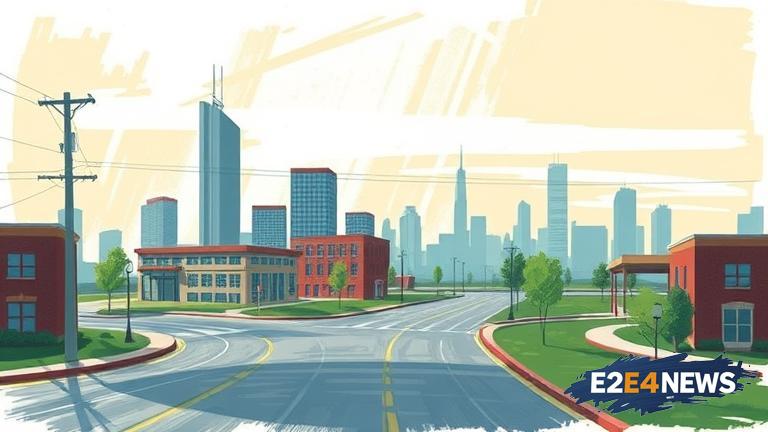The construction and development industry has long been plagued by inefficient and often inconsistent permitting and expediting processes. These bottlenecks can lead to significant delays, increased costs, and frustration for all parties involved. In response, there is a growing movement towards standardizing these processes to make them more efficient, transparent, and predictable. Standardization would not only benefit developers and contractors but also local governments, as it would help in streamlining the review and approval processes, thereby reducing the workload on municipal staff. Furthermore, standardized processes could lead to better compliance with building codes and regulations, enhancing safety and reducing the risk of legal disputes. By implementing standardized permitting and expediting processes, cities can attract more investments, as developers and businesses are more likely to invest in areas with clear, efficient, and reliable regulatory frameworks. This, in turn, can boost local economies and contribute to sustainable development. The push for standardization is also driven by technological advancements, including the use of digital platforms for permit applications and project management. These tools can significantly reduce paperwork, enhance collaboration among stakeholders, and provide real-time updates on project statuses. However, the path to standardization is not without its challenges. One of the main hurdles is the need for coordination and agreement among various stakeholders, including local governments, developers, contractors, and community groups. Each of these entities may have different priorities and concerns, making it difficult to achieve consensus on standardized processes. Additionally, there are concerns about the potential for standardized processes to become overly rigid, failing to account for the unique characteristics and needs of different projects and locations. Despite these challenges, many cities and states are moving forward with initiatives to standardize their permitting and expediting processes. For example, some jurisdictions are adopting model codes and ordinances that can be easily adapted and implemented by local governments. Others are investing in digital infrastructure to support online permit applications and electronic plan reviews. The benefits of these efforts are already being seen in areas where standardization has been implemented. Projects are being completed more quickly, and the overall cost of development is decreasing. Moreover, standardized processes are helping to ensure that new constructions are safer, more sustainable, and better aligned with community needs and preferences. As the trend towards standardization continues, it is likely that we will see more innovative solutions and technologies emerge to support these efforts. This could include the use of artificial intelligence and data analytics to optimize permit review processes and predict potential bottlenecks. The integration of building information modeling (BIM) and other digital design tools could also play a crucial role in streamlining the development process from conception to completion. In conclusion, the standardization of permitting and expediting processes is a critical step towards creating a more efficient, sustainable, and economically vibrant development environment. While there are challenges to overcome, the potential benefits of standardization make it an effort worth pursuing. By working together and leveraging technology and best practices, we can create a future where development projects are completed on time, on budget, and to the satisfaction of all stakeholders involved. This not only enhances the quality of life for community members but also contributes to the long-term prosperity and competitiveness of cities and regions. The push for standardization is part of a broader movement towards modernizing and streamlining government services, making them more responsive to the needs of citizens and businesses. It reflects a commitment to transparency, accountability, and customer service, values that are essential for building trust and fostering economic growth. As such, the standardization of permitting and expediting processes should be seen as a key component of any comprehensive strategy for urban development and renewal. By embracing standardization and the technologies that support it, we can unlock the full potential of our cities and communities, creating vibrant, sustainable, and prosperous places for generations to come.
